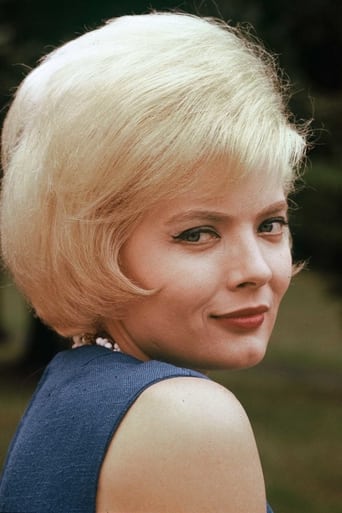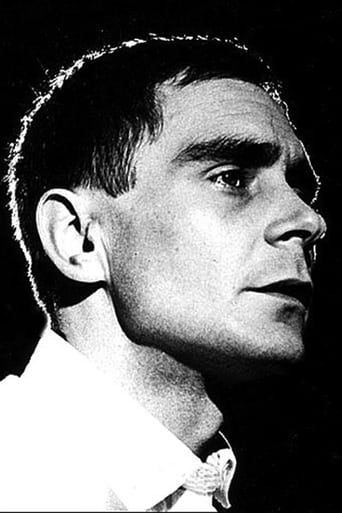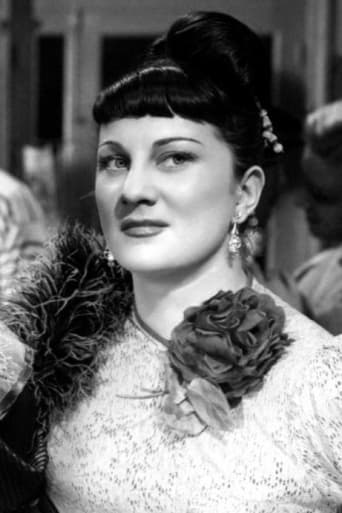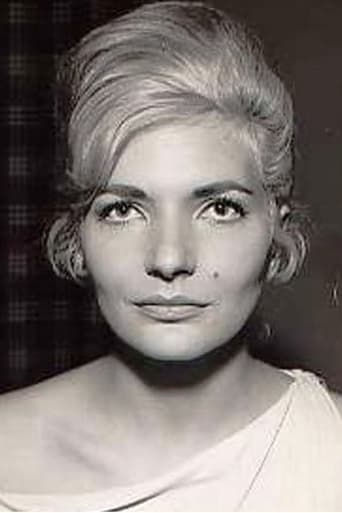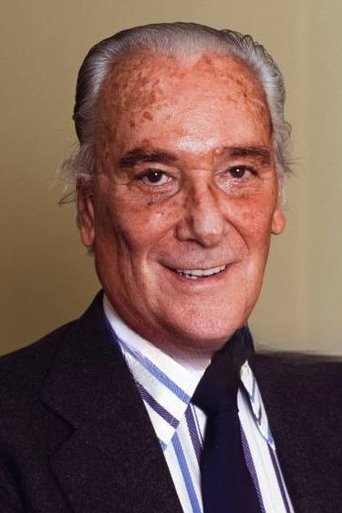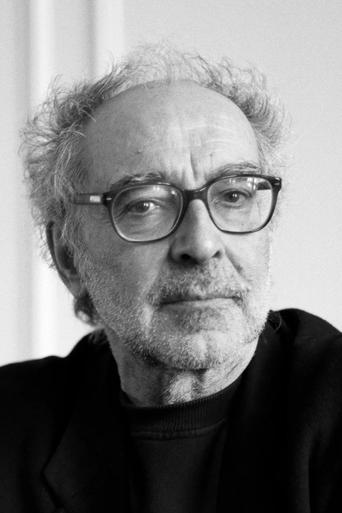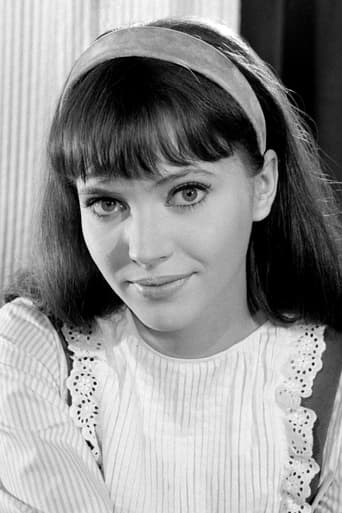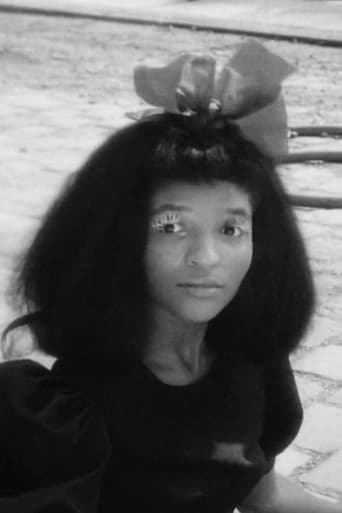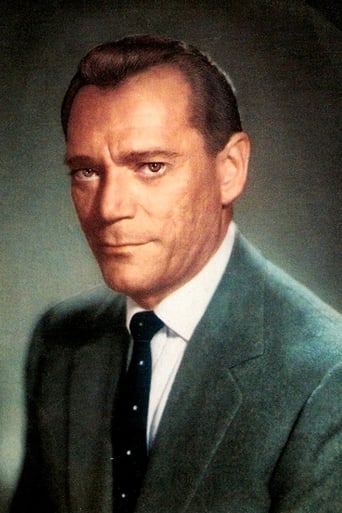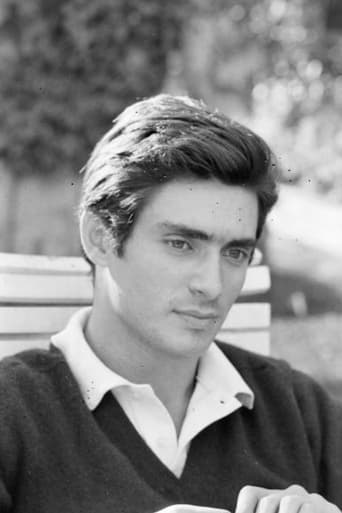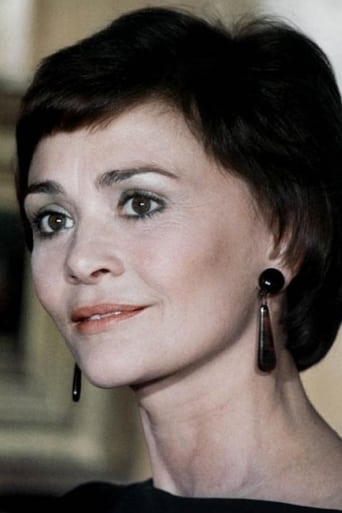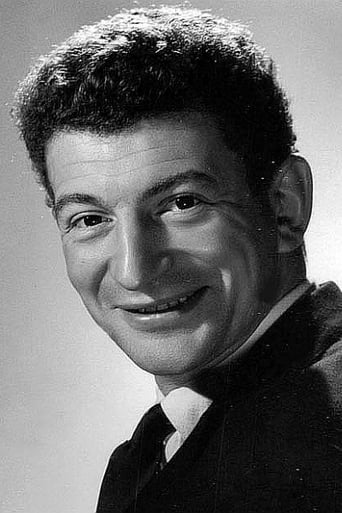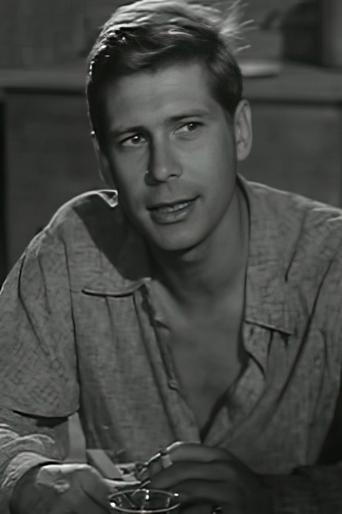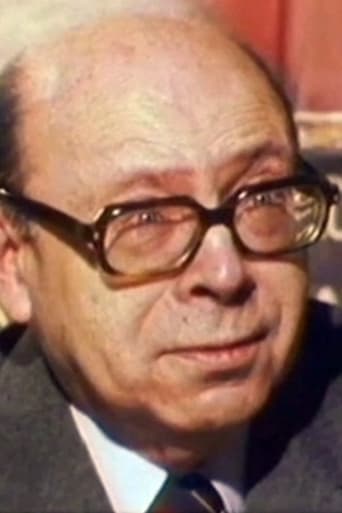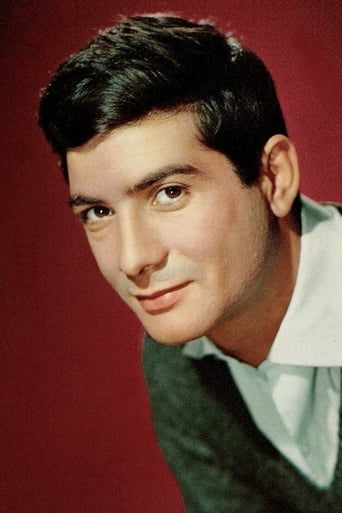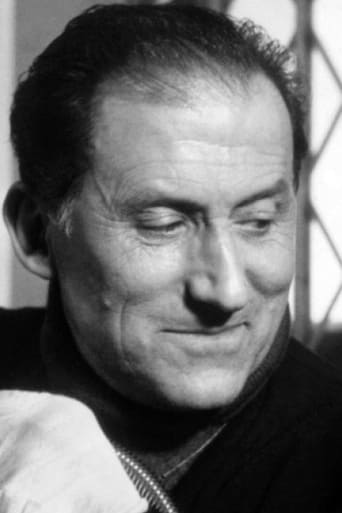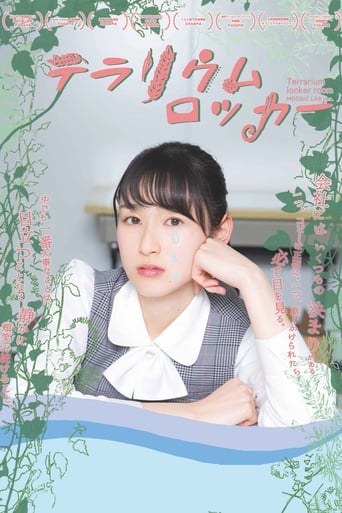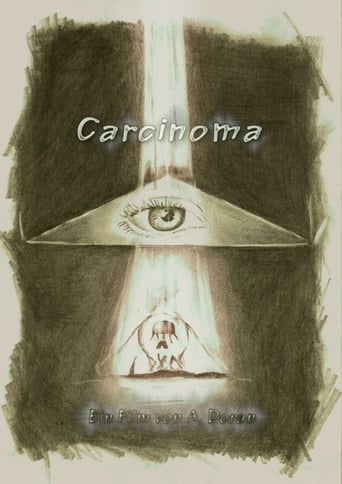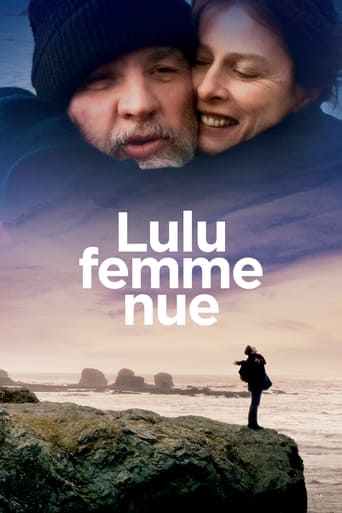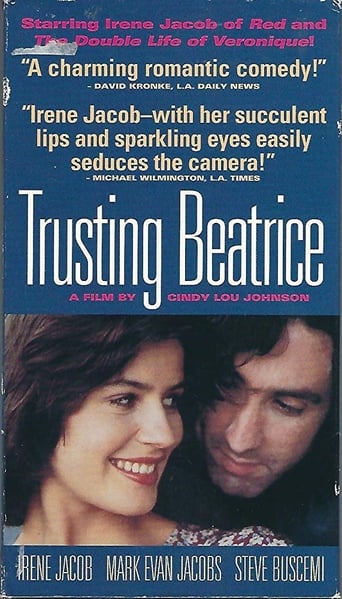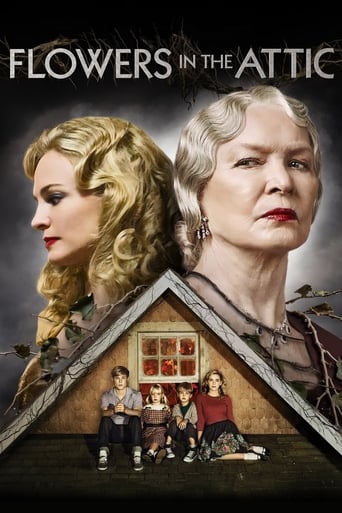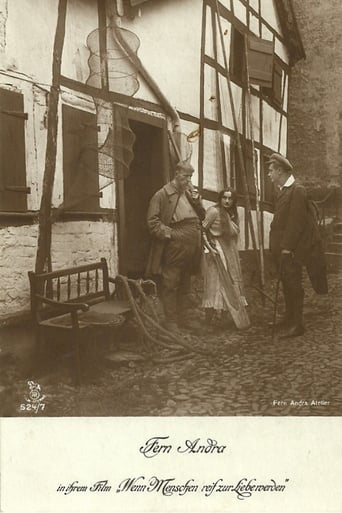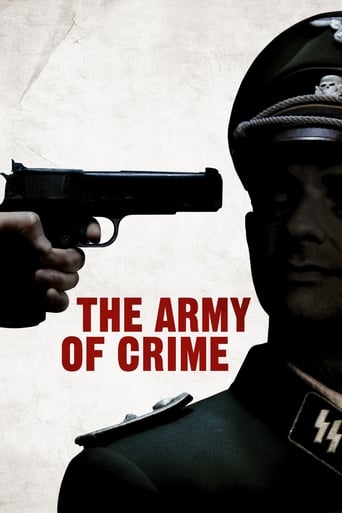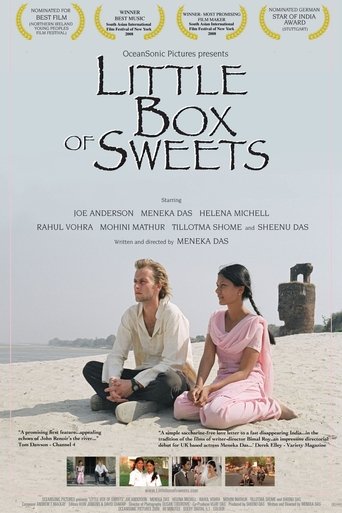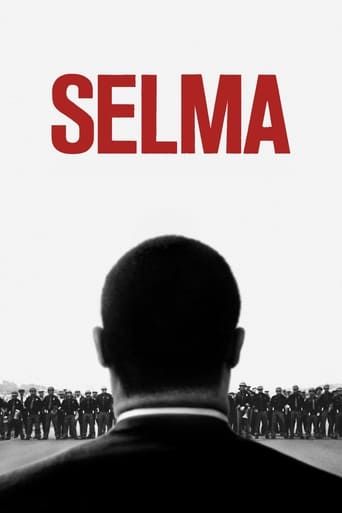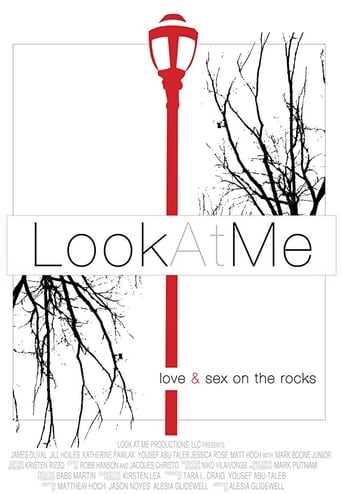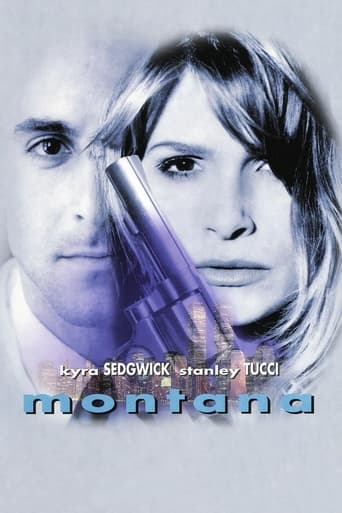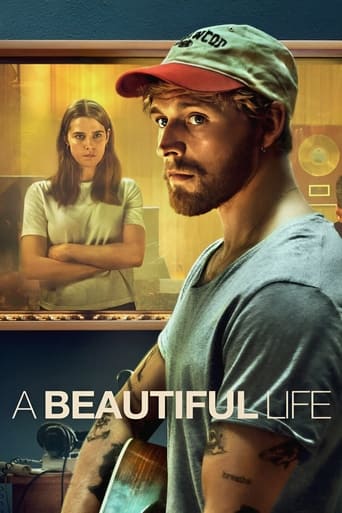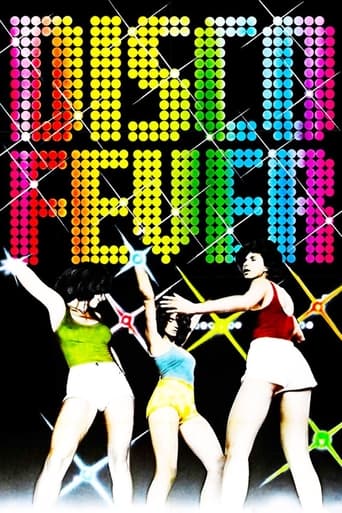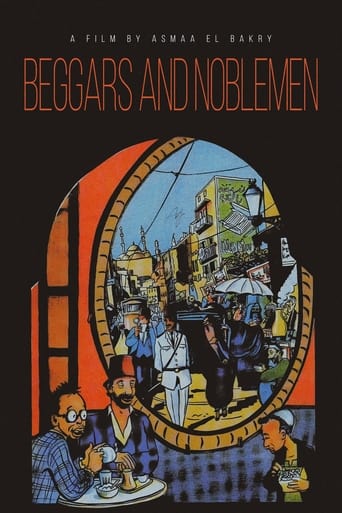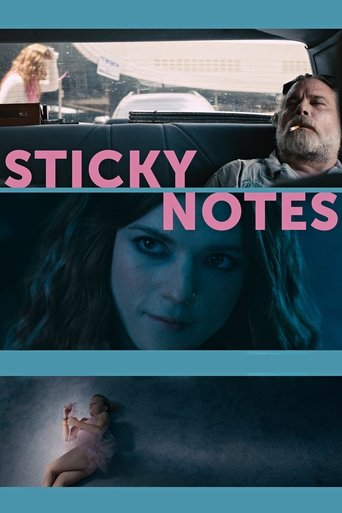
Cléo from 5 to 7 (1962)
Agnès Varda eloquently captures Paris in the sixties with this real-time portrait of a singer set adrift in the city as she awaits test results of a biopsy. A chronicle of the minutes of one woman’s life, Cléo from 5 to 7 is a spirited mix of vivid vérité and melodrama, featuring a score by Michel Legrand and cameos by Jean-Luc Godard and Anna Karina.
- Agnès Varda
- Aurore Chabrol
- Bernard Toublanc-Michel
- Marin Karmitz
- Agnès Varda
Rating: 7.695/10 by 685 users
Alternative Title:
Δύο Ώρες στη Ζωή μιας Γυναίκας - GR
Cléo de cinq à sept - FR
Cléo van 5 tot 7 - NL
Cléo od pěti do sedmi - XC
Cleo viidestä seitsemään - FI
Cléo från fem till sju - FI
Cléo från 5 till 7 - FI
Δύο ώρες από τη ζωή μιας γυναίκας - GR
5 ji kara 7 ji made no Kureo - JP
Duas Horas na Vida de Uma Mulher - PT
Клео от 5 до 7 - SU
Клео від 5 до 7 - UA
Cleo - Mittwoch zwischen 5 und 7 - DE
Cleo de 5 a 7 - ES
Country:
France
Italy
Language:
Français
Runtime: 01 hour 30 minutes
Budget: $0
Revenue: $0
Plot Keyword: individual, paris, france, singer, cancer, woman director, day in a life, algerian war (1954-62)
When I think of interesting filmmakers, the world over, whose movies are always a pleasure to watch, I thank God every day for Agnès Varda. I had her '4 Films by' Criterion boxed set, seemingly forever, left unwatched, and I don't really know why. Perhaps I felt her films wouldn't excite me enough, I don't know. I certainly enjoy foreign, and French, filmmaking enough. Maybe it was because she was female, I don't know. I hope not, but I'm simply being honest. Sometimes I'm apprehensive about starting to investigate the works of a director who's different from me: Female, non-English, non-Caucasian. I think it's difficult for me to start, because I'm afraid that I won't be able to fully emphasize with their sphere of reference, and thus won't be able to either appreciate or enjoy the filmic experience as much as I should. Once I start, and watch that first film I see of theirs, I'm fine. But until that point, it's truly a challenge. My university library had her two recent critically-acclaimed films, 'The Gleaners and I' and its sequel, on one DVD, and one of my favourite critics, Roger Ebert, had made a 'Great Movie' article about the original. So I gave that series a viewing, each film a separate night, and I fell in love with her as a person, and found that her films were not going to be a challenge for me at all. Thus I then turned to my previously-imposing, aforementioned boxed set, and went through it chronologically. This, the second film of the set, was extraordinary, basically a real-time cinematic exercise of a lady who is waiting for the results of a biopsy, and thus wondering if her quality of life is going to be seriously challenged or not. In it, as I've found in all of her films so far, there's an extraordinary visual flair, a great and natural storytelling facility present, and you can really tell that Varda both loves people and is glad to be alive, and it shows in everything she does. If you are in a similar boat, and are reluctant to investigate Varda's works, please do yourself a favour and don't hesitate any longer. Appreciate this extraordinary woman and her work while she is still alive. You will never be the same.
It's actually quite hard to write an objective review about this film. Why? Well, that is because the eponymous singer (Corinne Marchand) has a personality that offers us very little to like. She is a hypochondriac who is obsessed with the thought that she might have cancer. Desperate for a second opinion, she consults a mystic and then we follow her for the remainder of her afternoon whilst she awaits the results of medical tests. In many ways it adopts a video diary sort of format and that means there is plenty herein that isn't the least interesting. Like with most of our daily routines, there is not that much of interest going on. She meets her lover, José (José Luis de Vilallonga) an unsympathetic man well used to her behaviour and a soldier "Antoine" (Antoine Bourseiller) who is enthralled by her, but who is also facing deployment in the soon to be independent Algeria. I liked the style of the photography. It has an intimacy to it. The score from Michel Legrand (who also features playing piano) also adds a richness to this, but for the most part this is quite a curiously dry observational effort from Agnès Varda. If you can see it on a big screen then do try - on a smaller one it can struggle to retain the attention a little.

